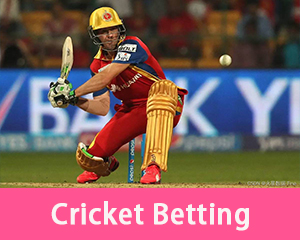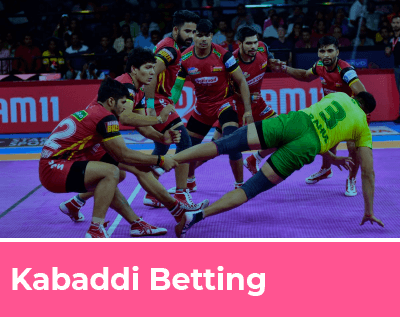Sports betting is a popular activity, yet many bettors fall into common traps. Here’s a breakdown of these pitfalls, how to avoid them, the importance of choosing the right bookmaker, and the effects of cognitive biases on decision-making.
Sports betting is a popular activity, yet many bettors fall into common traps. Here’s a breakdown of these pitfalls, how to avoid them, the importance of choosing the right bookmaker, and the effects of cognitive biases on decision-making.
Avoiding Common Sports Betting Mistakes
Understanding Value Beyond Surface-Level Trends
A major misconception among bettors is that betting on a strong, winning team facing a losing team always has “value.” However, true value betting requires a more in-depth analysis. It’s not just about following recent trends but understanding the odds and estimating your own probability of an outcome. The value lies in identifying discrepancies between your probability estimate and the bookmaker’s odds, allowing you to find bets with a positive expected value.
Choosing the Right Bookmaker
With the multitude of bookmakers available, making a careful choice is crucial. Many offer free bets and bonuses, but often at the cost of increased “juice” or commission, which can reduce your odds over time. Beware of bookmakers with flashy promotions but limited support for winning players. Some restrict or close accounts of consistently profitable bettors. On the other hand, reputable bookmakers like INDIBET focus on offering competitive odds, high limits, and a policy that doesn’t limit winners, which is essential for long-term success.
Lacking a Consistent Betting Strategy
Profitability in sports betting requires an “edge”—some form of insight or knowledge that gives you an advantage over the bookmaker. This could be team news, weather conditions, or other unique factors. However, even with an edge, money management is crucial. Employing a solid staking plan helps mitigate losses and maximize returns over time. Without a consistent approach to bankroll management, an edge can quickly become a liability. Methods like flat betting or proportional staking are commonly recommended, as they prevent total bankroll depletion.
Ignoring Cognitive Biases
It’s natural to believe we’re in full control of our choices, but psychology and behavioral economics tell a different story. Bettors often fall prey to confirmation bias, where they selectively focus on information that supports their bets while ignoring contradictory evidence. Another common bias, anchoring, can cause bettors to overly rely on initial information. Objectivity is essential to making rational betting decisions, and while biases can’t be eliminated entirely, recognizing them can help prevent poor judgment.
Fear of Losing
Loss aversion—the tendency to avoid losses over seeking gains—is widespread in betting. A common myth is that successful bettors rarely lose, but in reality, they manage losses effectively rather than avoiding them altogether. Even top bettors lose at times but rely on a systematic staking plan to avoid significant bankroll depletion. It’s crucial to understand that betting involves variance, and attempting to avoid losses at all costs can lead to irrational decisions.
Overvaluing Convenience
The growth of online betting and mobile apps has made betting easier than ever, but convenience can undermine discipline. For those who bet for profit, it’s essential to place wagers only when there’s a genuine edge and positive expected value, not merely because a match is available on TV or because a notification suggests a boosted odd. Strategic, disciplined betting beats impulsive betting in the long run.
Conclusion
Profitable betting requires knowledge of odds, the selection of supportive bookmakers, strategic money management, and awareness of cognitive biases. The aim should be consistent, disciplined decisions that align with long-term goals, rather than short-term wins driven by convenience or gut instinct.















